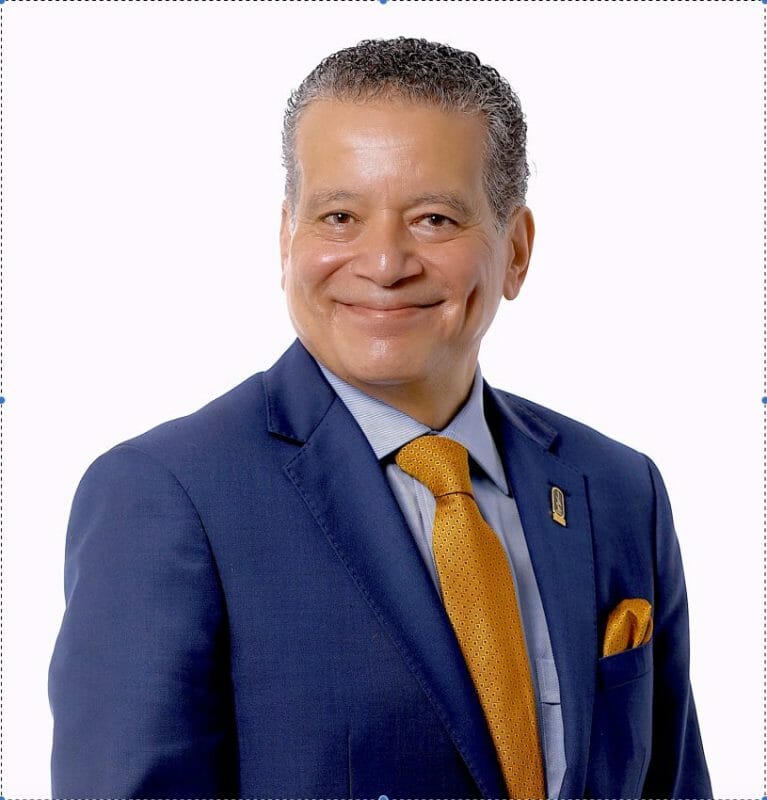Artificial intelligence momentum will transform and disrupt how medicine works. The application of AI to a cardiovascular health strategy offers limitless opportunities as it provides a continuous source of data-driven insights to optimize biomedical research, precision imaging, early public health primary intervention, and overall superior healthcare quality improvement. Healthcare systems must learn from Aviation industries and employ the best practices of “Six Sigma” to build robust AI algorithmic solutions to enhance efficiency and provide seamless workflows.
Medicine heavily relies on human expertise, particularly in surgery, radiology, pathology, general practice, dermatology, and microbiology. Physicians play central roles in diagnosing and treating patients, while trained professionals interpret and analyze medical imaging, laboratory tests, and clinical data. The surgeon is a “guiding oracle” during surgical procedures, making crucial decisions based on their experience and knowledge.
However, there is plenty of hype, jargon, and abstract technology on AI, making it difficult for nonexperts to identify the most exciting opportunities to apply AI to everyday practice. AI-based algorithms detect major cardiovascular diseases in 90% of asymptomatic subjects. Conversely, Artificial intelligence technologies will result in the computerization of jobs, substantially displacing the human workforce. A Deloitte collaboration with the Oxford Martin Institute predicted that AI could push 50% of U.K. jobs out of existence over the next ten years.
We know that the Current medical education is antiquated; AI will empower our healthcare systems to monitor patients remotely and intercept emergent clinical scenarios. World Economic Forum had reported that, one-third of essential skill sets in 2025 will comprise technological skills yet to be considered imperative to the job today. This necessitates the creation of a professional hybrid physician, part-computer engineer and data scientist, who will increasingly embark on new roles and shift from “oracle” to “counsellor” to the “COMENDA” physiCian, cOMputer ENgineer, DAta scientist. In this AI-empowered workforce, the proficiency to decipher clinical problems will become more important than the knowledge of each practitioner.
The European Society of Radiology surveyed the radiologists’ position toward AI and BDA technologies. The survey exposed the shocking results that radiologists need to consider implementing AI systems into radiological diagnostics as a probable field for AI application in the next ten years. Half of the radiologists foresaw a negative impact of AI systems on future job opportunities, with fear that technological advancements could lead to a nearly two-thirds decrease in their workload. Radiologists who adopt AI technologies are expected to replace radiologists who do not.
It’s challenging to predict with certainty which branch of medicine or surgery will disappear in the next ten years, as medical fields are constantly evolving. However, some specialized areas with limited technological advancements will need help. These challenges include the disappearance of general radiology and microbiology, automation of Niche surgical specialties, and AI-assisted diagnosis with Digital pathology/ dermatology / general partitioner that will impact their exitance. It’s important to note that these changes may lead to the complete disappearance of these fields with a significant shift in their practice and emphasis. Additionally, new specialties will emerge as medical science advances, so the landscape of medicine is continually evolving.
Artificial intelligence will improve scarce healthcare resources with personalized precision patient management plans, expedite clinical trials, and inform and impact policies and guidelines. AI has created a paradigm shift in “disease management,” from managing sick patients who present with symptoms and signs to focusing on disease prevention by proactively monitoring healthy individuals and managing prevention and wellness for at-risk individuals.
Artificial intelligence will transform and disrupt how medicine works, empowering our healthcare systems to monitor patients remotely through digital twins and intercept emergent clinical scenarios. The creation of the AI-empowered healthcare specialist is crucial for a brighter future.
